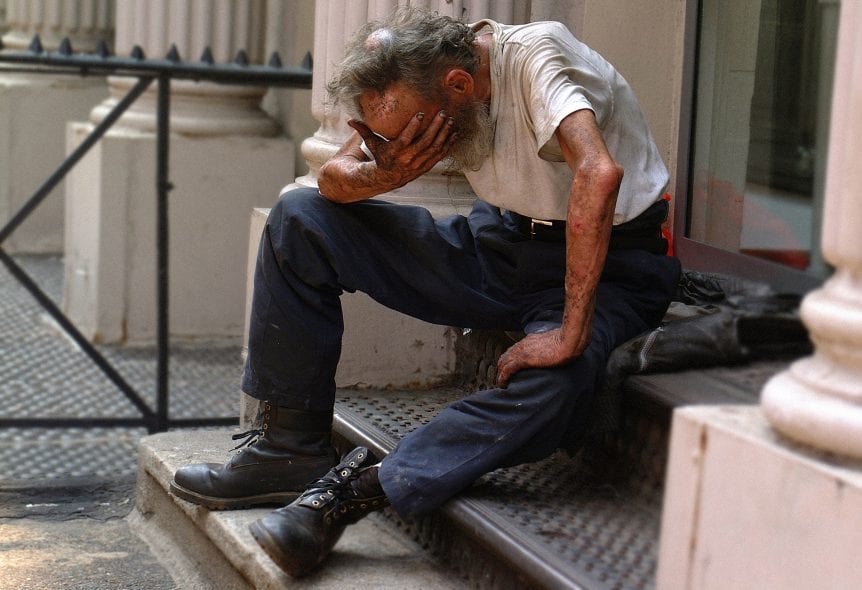Testosterone Boosts Sex Drive, Builds Muscle, Reduces Body Fat, Increases Energy & Motivation, Can Help you Lose Weight, Feel More Youthful, and Live Life with Enthusiasm
Testosterone is the major sex hormone in men, and it is responsible for the creation of the male sexual characteristics. Women also produce testosterone in smaller quantities. Testosterone, a part of a hormone class referred to as androgens, is actually created by the testicles based on stimulation by the pituitary gland. The pituitary gland is located near the base of the brain, and it transmits signals into a male’s testicles (or to a woman’s ovaries) which ignite emotions associated with sexual desire.
In men, testosterone is directly linked to puberty, the time of life when a boy grows to sexual maturity and can reproduce. The following changes usually occur during this life stage:
- The penis and testicles develop.
- Facial, pubic, and body hair growth.
- The voice deepens.
- Muscles and bones become stronger.
- Height increases.
Soon after puberty, testosterone helps manage the following bodily processes:
- Production of red blood cells.
- Bone thickness.
- Fat circulation.
- Muscle durability and size.
- Facial and body hair.
- Sperm production.
- Sex drive.
As a normal part of getting older, Testosterone levels eventually decrease in males. By age 45, the hormone starts dropping by about one percent per year. Based on a study released in the Journal of Clinical Endocrinology & Metabolism, however, it is broadly recognized that levels might begin to decrease when a man is in his 30’s. Lifestyle elements also have an effect on testosterone production, such as working out too much or not eating a healthy and balanced diet.
Low Testosterone
Low Testosterone is a common hormonal abnormality in men. Low levels of testosterone affect a man’s sex drive, muscles, weight, bones, attitude and mood. Testosterone Replacement Therapy can help alleviate Low T symptoms. Male Hormone Physicians can prescribe a variety of testosterone treatments, as well as auxiliary hormone drugs such as HCG Injections and Aromatase Inhibitors to help treat Andropause (Low T) and ED.
What is Low Testosterone, or Low T?
In certain cases, reduced levels of testosterone (also known as low T) might be the result of a medical condition referred to as hypogonadism, which takes place when the body doesn’t produce usual levels of Testosterone. It occurs if there is an issue with the testicles or the pituitary gland which makes it incapable for the body to produce usual levels of testosterone. Signs and symptoms of low T differ based on the cause of the symptoms and also the age when it takes place. In middle-aged men, signs and symptoms may include
- Low energy and stressed out mood.
- Sleeping disorders.
- Low libido.
- Issues having or maintaining a penile erection.
- Reduced sperm fertility.
- Loss of muscle mass and bone strength.
Not every male with age-related low testosterone will encounter any signs and symptoms, and others aren’t troubled by them. Troubles with energy, sleeping, and emotional changes can also be the result of other issues such as the negative side-effects of some medicines or too much alcohol consumption.
Testosterone Deficiency
Testosterone assumes a key role in a man’s sex drive, bone mass, fat distribution, muscle mass plus mental and physical vitality. Testosterone in males is produced in the testicles. Testosterone deficiency emerges when the testicles neglect to produce enough testosterone. Testosterone Deficiency Syndrome, or Hypogonadism, is a condition in which a man’s body does not produce enough testosterone, the essential male hormone. This condition by and large influences older men; however, younger patients can likewise be influenced by Hypogonadism for an assortment of reasons. While the expression “andropause” is now and then used for this condition, it is inaccurate. In contrast to menopause, testosterone insufficiency disorder isn’t an unavoidable consequence of maturing.
There are two main reasons for testosterone deficiency.
1. Impaired testicular function
This is referred to by medical experts as essential hypogonadism or testicular failure. This condition emerges on the grounds that the man’s testicles have some irregularity preventing them from creating testosterone.
2. Impaired pituitary or hypothalamus function
This is referred to by medical experts as hypogonadotropic or secondary hypogonadism. This condition emerges due to the fact that the capacity of the pituitary gland or the hypothalamus (the two glands in the brain that regulate testosterone creation) are not working properly.
Symptoms of Testosterone Deficiency
There are a few symptoms that are associated with a deficiency of testosterone in men:
- Poor results from exercise programs.
- Reduced libido.
- Increase in body fat.
- Loss of bone density.
- Unfavorable changes in cholesterol profile.
- Anxiety or depression.
- Difficulty concentrating or making decisions.
- Poor work performance.
- Difficulty getting or keeping up an erection.
- Loss of body fitness (muscle) mass.
- Poor results from exercise programs.
Causes of Testosterone Deficiency
In some cases, a specific cause for testosterone deficiency may be discovered. An example would be excess secretion of one or more pituitary hormones that then interfere with testosterone production or availability. In most people, though, no cause for testosterone deficiency can be found. In these cases, testosterone replacement therapy is usually an effective treatment.
Effects of Testosterone Deficiency
Beyond the symptoms and the causes that many men encounter, testosterone deficiency syndrome can also contribute to the recurrence or worsening of some diseases, such as:
- Increased risk of heart diseases.
- Increased risk of death from a cardiovascular disease.
- Increased risk of diabetes and metabolic syndrome.
- Higher instances of osteoporosis.
Treating Testosterone Deficiency
If a specific cause or effect of testosterone deficiency is eliminated, then the treatment can focus on the main causes. In the case of impaired pituitary secretion of hormones, options such as medicine or surgery may be used to treat the underlying issue. In some instances where no cause can be identified, testosterone replacement therapy can be the best option available.
